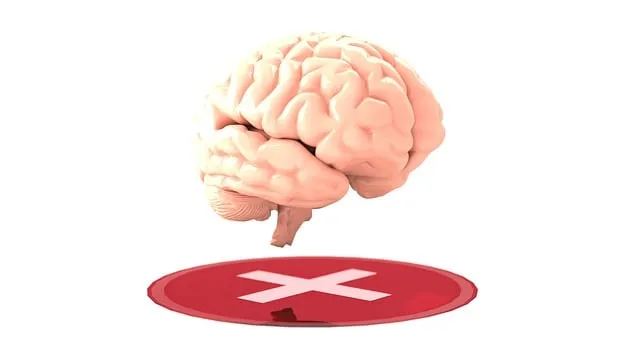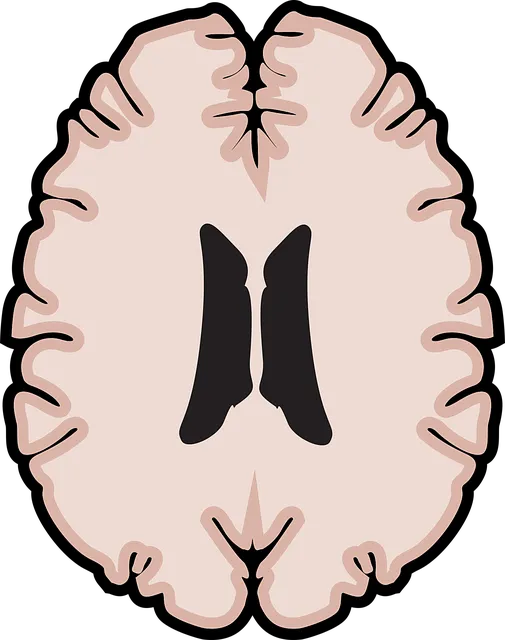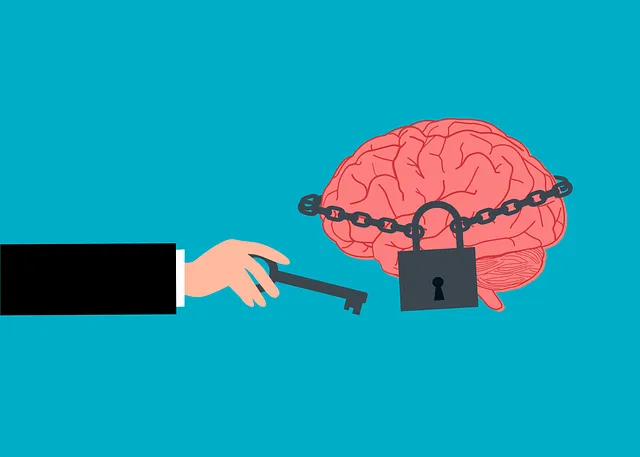Cultural competency is crucial for healthcare providers in diverse communities like Centennial, where Kaiser Permanente offers specialized mental health services. Training programs focus on emotional intelligence and self-care to improve patient engagement and outcomes, empowering staff to deliver exceptional care to patients from varied backgrounds. This holistic approach benefits both providers and communities by fostering sensitivity and understanding, transforming mental health care in Centennial.
Healthcare provider cultural competency training is essential in today’s diverse society. This article explores the critical need for cultural proficiency among healthcare professionals, focusing on Kaiser Permanente’s innovative approach through its mental health jobs initiative and Centennial Commitment. We delve into the benefits of such programs, including improved patient outcomes and enhanced care delivery. Effective implementation strategies are discussed to help organizations navigate and implement successful cultural competency initiatives.
- Understanding Cultural Competency in Healthcare: A Necessary Skillset for All Providers
- Kaiser Permanente's Approach to Training: Mental Health Jobs and the Centennial Commitment
- Benefits and Implementation Strategies for Effective Cultural Competency Programs
Understanding Cultural Competency in Healthcare: A Necessary Skillset for All Providers

Cultural competency is a crucial skill set for healthcare providers, especially in diverse communities like Centennial, where Kaiser Permanente mental health jobs are based. It involves understanding and appreciating the cultural differences of patients, which can significantly impact their experiences and outcomes. In today’s world, where people from various ethnic, racial, and socioeconomic backgrounds seek healthcare services, culturally competent care is not just a moral imperative but also essential for effective treatment.
For mental health professionals in particular, this means developing emotional intelligence to connect with individuals from different cultural backgrounds. By fostering inner strength and preventing burnout, which are critical aspects of well-being, healthcare providers can create a safe and supportive environment. This approach ensures that patients feel heard, respected, and understood, leading to better engagement, adherence to treatment plans, and ultimately, improved mental health outcomes.
Kaiser Permanente's Approach to Training: Mental Health Jobs and the Centennial Commitment

Kaiser Permanente, a leading healthcare organization, has made significant strides in addressing mental health challenges through its unique approach to training, particularly in the context of Kaiser Permanente mental health jobs and the Centennial Commitment. This commitment showcases their dedication to fostering a culturally competent environment within their workforce.
The organization recognizes the importance of healthcare provider cultural competency training as a vital tool for improving patient care. They offer comprehensive programs that go beyond traditional stress management workshops (Stress Management Workshops Organization). By integrating Self-Care Routine Development for Better Mental Health, Kaiser Permanente empowers its employees to manage their own well-being while delivering exceptional care to patients from diverse backgrounds. This holistic training approach ensures healthcare providers are equipped to handle the emotional demands of their roles and better support the mental health needs of the communities they serve.
Benefits and Implementation Strategies for Effective Cultural Competency Programs

Cultural competency training is a game-changer for healthcare providers, especially those seeking Kaiser Permanente mental health jobs in Centennial. By fostering an environment where diversity is celebrated and understood, these programs offer numerous benefits. They enhance patient care by enabling professionals to navigate complex cultural landscapes, ensuring every individual receives respectful and sensitive treatment. This is particularly crucial when addressing diverse communities’ unique mental health needs.
Implementing effective cultural competency strategies involves a multi-faceted approach. Training should focus on developing Emotional Intelligence, promoting Mindfulness Meditation techniques, and encouraging Positive Thinking as tools to enhance cultural awareness. Role-playing scenarios and real-life case studies can help professionals practice navigating sensitive cultural conversations. Additionally, regular workshops and ongoing support networks ensure that learning is continuous and embedded in the organization’s culture, benefiting both patients and providers alike.
Cultural competency training, as demonstrated by Kaiser Permanente’s commitment through their mental health jobs and the Centennial Commitment, is not just a desirable skillset but an essential component of modern healthcare. The benefits are clear: improved patient outcomes, enhanced provider-patient relationships, and more effective delivery of care tailored to diverse cultural needs. By implementing robust cultural competency programs, healthcare organizations can foster inclusive environments that reflect and respect the communities they serve, ultimately revolutionizing healthcare accessibility and quality.






